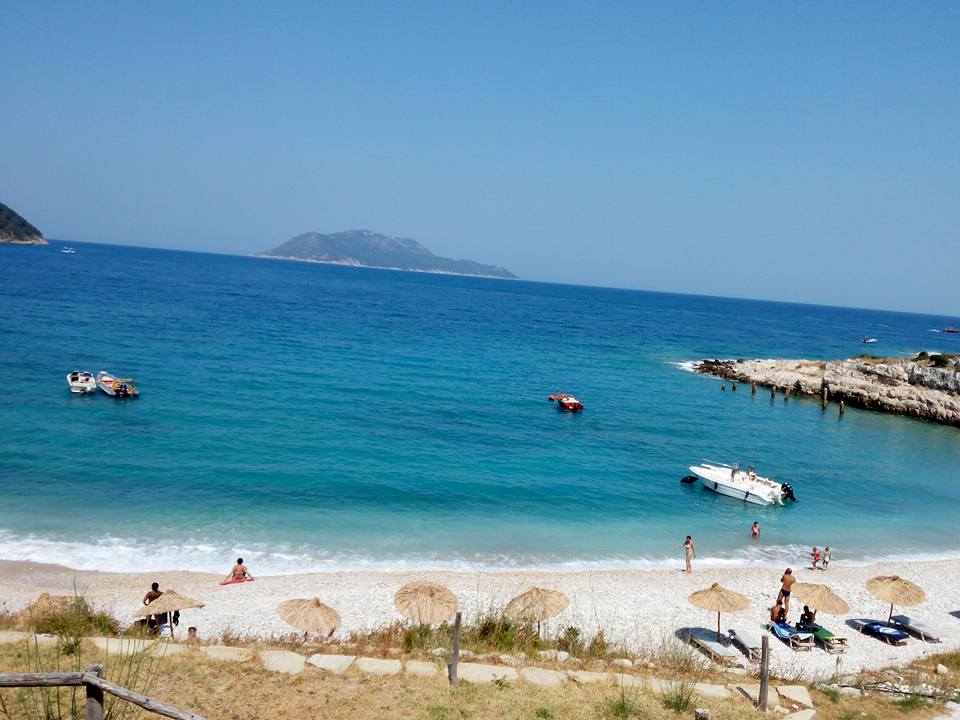TIRANA, March 8
About 205 kg of waste were collected only in one day at Shen Jani, near Karaburun – Sazan National Marine Park. A clean-up action organized under the global initiative ‘International Beach Cleanup Day” pointed out the alarming levels of sea pollution in one of the coastal areas that are supposed to be among the cleanest in the Albanian coastline.
Karaburun – Sazan National Marine Park is one of the largest natural assets of Albania. Yet, pollution poses a threat to the park.
Oil and Water Don’t Mix
Naturally, this stunning beauty attracts people from all over to Vlora Bay. A majority of Albanians in this region work in tourism, fisheries and aquaculture, and in recent years the number of tourists visiting the area has boomed. New opportunities in boating and fishing tours, diving and snorkeling have attracted many visitors, and restaurants, hotels, and resorts have sprung up across the area.
But overfishing and plastics are far from the only threats. One often unconsidered hazard is the improper disposal of cooking oils, primarily from proliferating restaurants.
1 liter of cooking oil pollutes 1 million liters of water.
As used cooking oil and other fats are dumped into waste bins, toilets and sinks, the contaminated sea significantly threatens underwater habitats and species. The oil covers the surface of the water and stops the exchange of oxygen between air and water, chocking living organisms.
Locals soon recognized that this oil problem would have long-term effects on the sea that provides food and jobs.
Now, they have come together to protect it, having launched the first stage of a recycling initiative to keep used cooking oil out of the sea. Termed I Recycle, the scheme encourages restaurants, hotels and businesses along Vlora Bay to recycle their used cooking oil and plastic bottles. Although managed by an Italian company called Green Recycling, it relies on locals to collect and store the oil. Elton is in charge of the collection for the Vlora area and provides businesses with specific tanks to collect and dispose of the used cooking oil. As an incentive, restaurants are given one liter of cooking oil for every 15 liters they recycle.
As a part of the initiative, businesses are trained in the recycling process and waste management standards. They also become spokespeople, educating peers on the benefits of recycling.
Every four months, more than 1.8 tons of used cooking oil is collected and shipped to specialized recycling facilities abroad, for the production of biodiesel.
Introduced to Albania by UNDP, cooking oil recycling is still an emerging practice around the world. In Vlora, whereas only two restaurants joined from the start, by the end of the year 24 were part of this movement that is now spreading to neighboring regions.
I Recycle is part of a larger initiative to protect and preserve the Karabarun-Sazan Peninsula, a collaboration between UNDP Albania and the National Agency for Protected Areas and supported by the Italian Agency for Cooperation and Development.
Source: voyages.eurasia

Leave a Reply
You must be logged in to post a comment.